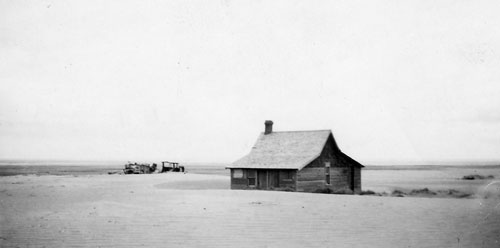I have long said that you could fund the CAF to 4 percent of GDP, but we would still lag behind in NATO and be much the same where we are.
It's never the money, it's politics. It's procedures. It's the pork-barreling in our defence spending that makes us a paper tiger in NATO.
My only hope in all of this for the CAF and the GoC, whatever the political stripe that may be, is that it will rouse them out of the "Peace Dividend" slumber. The world has been unstable since 1945. We have used geography, proximity, and association as a Defence Policy ever since. ICBMs don't care how close to the U.S. or how far from Russia/China we are.
Don't give us a dime more, but let us spend money on defence like it matters. The fact we follow the same rules for purchasing a fighter aircraft as we do for buying office furniture for a Service Canada office is disgraceful. Don't treat defense procurement as a stimulus package for Canadian Industry. There I said it.
We spend so much money, time, and effort trying to get that money to stay in Canada; be it by awarding contracts to companies with no capability to produce items without first "retooling" and"developing the production lines", or by hamstringing perfectly competent and competitive bidders by forcing the project to be made in St. Margaret de Poutain de Champignon, QC because the ruling government either lost the seat in the election, or won it with promises.
We spend so much money and staff hours jumping through TBS regulations that are great for other departments, but are terrible for defence procurement. Some items you have to sole source, because there are technologies and capabilities no one else makes. By doing the bid process, you get companies clamoring for a project they can't deliver on, but because they tick the bright boxes on the score sheet....
I truly and honestly belief we need to split from PSPC and legislate that its not beholden to TBS, only to the PBO/PCO. The guiding principles of this new Defence Procurement department should be "Off the shelf, from somewhere else" if there isn't an industry in Canada.
BOOTFORGEN has demonstrated how well we do when we are able to actually get what we need, instead of lining the pockets of a Canadian company that got lucky.
That, but with tanks, fighters, ships, weapons systems....
It's never the money, it's politics. It's procedures. It's the pork-barreling in our defence spending that makes us a paper tiger in NATO.
My only hope in all of this for the CAF and the GoC, whatever the political stripe that may be, is that it will rouse them out of the "Peace Dividend" slumber. The world has been unstable since 1945. We have used geography, proximity, and association as a Defence Policy ever since. ICBMs don't care how close to the U.S. or how far from Russia/China we are.
Don't give us a dime more, but let us spend money on defence like it matters. The fact we follow the same rules for purchasing a fighter aircraft as we do for buying office furniture for a Service Canada office is disgraceful. Don't treat defense procurement as a stimulus package for Canadian Industry. There I said it.
We spend so much money, time, and effort trying to get that money to stay in Canada; be it by awarding contracts to companies with no capability to produce items without first "retooling" and"developing the production lines", or by hamstringing perfectly competent and competitive bidders by forcing the project to be made in St. Margaret de Poutain de Champignon, QC because the ruling government either lost the seat in the election, or won it with promises.
We spend so much money and staff hours jumping through TBS regulations that are great for other departments, but are terrible for defence procurement. Some items you have to sole source, because there are technologies and capabilities no one else makes. By doing the bid process, you get companies clamoring for a project they can't deliver on, but because they tick the bright boxes on the score sheet....
I truly and honestly belief we need to split from PSPC and legislate that its not beholden to TBS, only to the PBO/PCO. The guiding principles of this new Defence Procurement department should be "Off the shelf, from somewhere else" if there isn't an industry in Canada.
BOOTFORGEN has demonstrated how well we do when we are able to actually get what we need, instead of lining the pockets of a Canadian company that got lucky.
That, but with tanks, fighters, ships, weapons systems....








